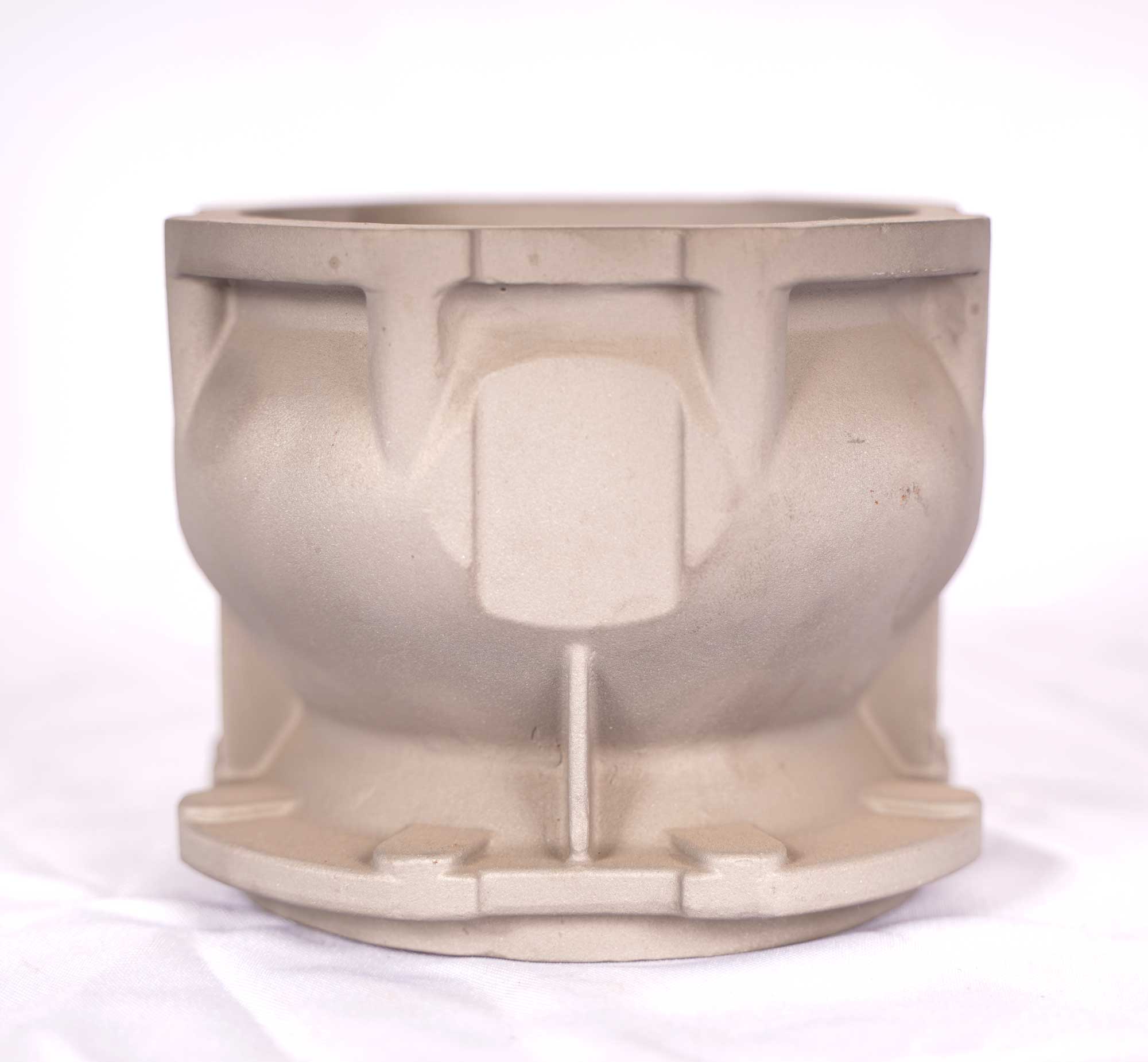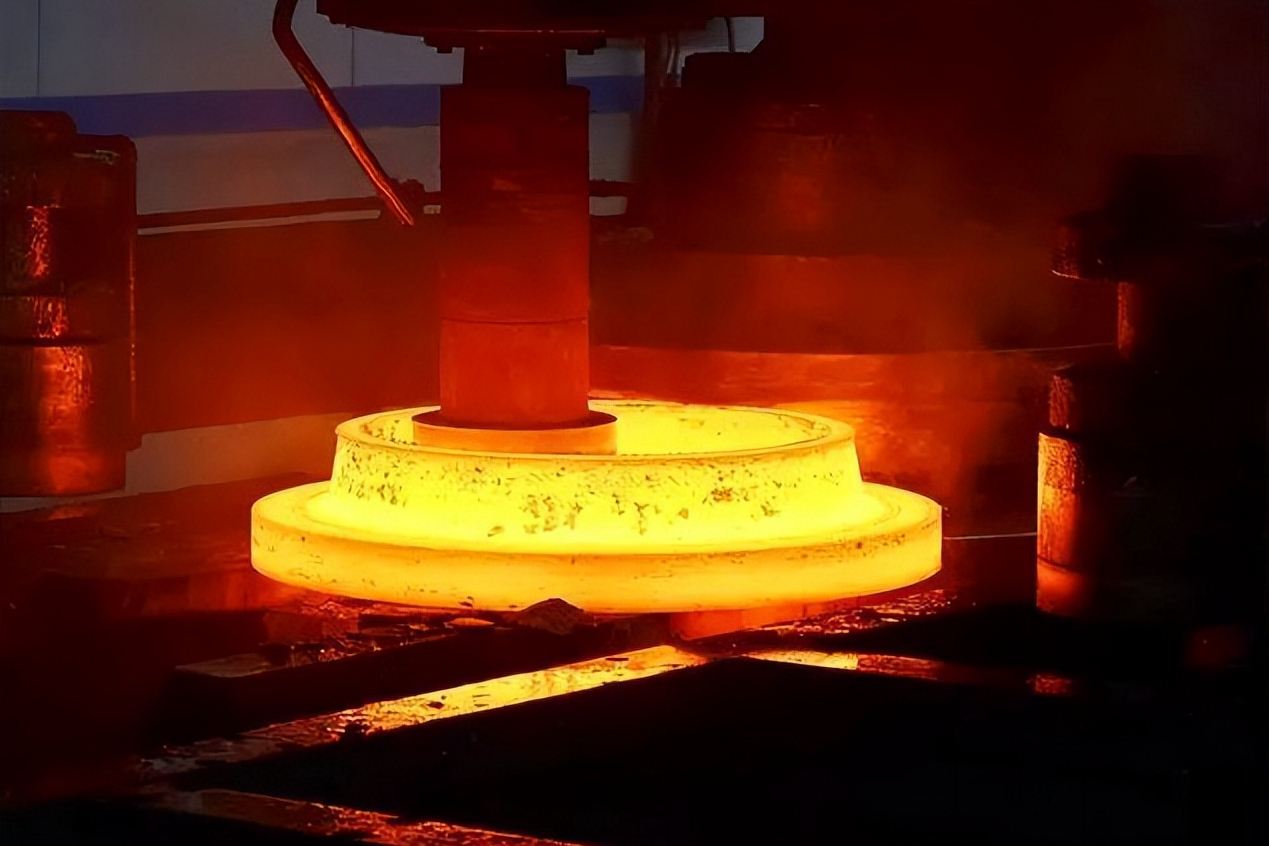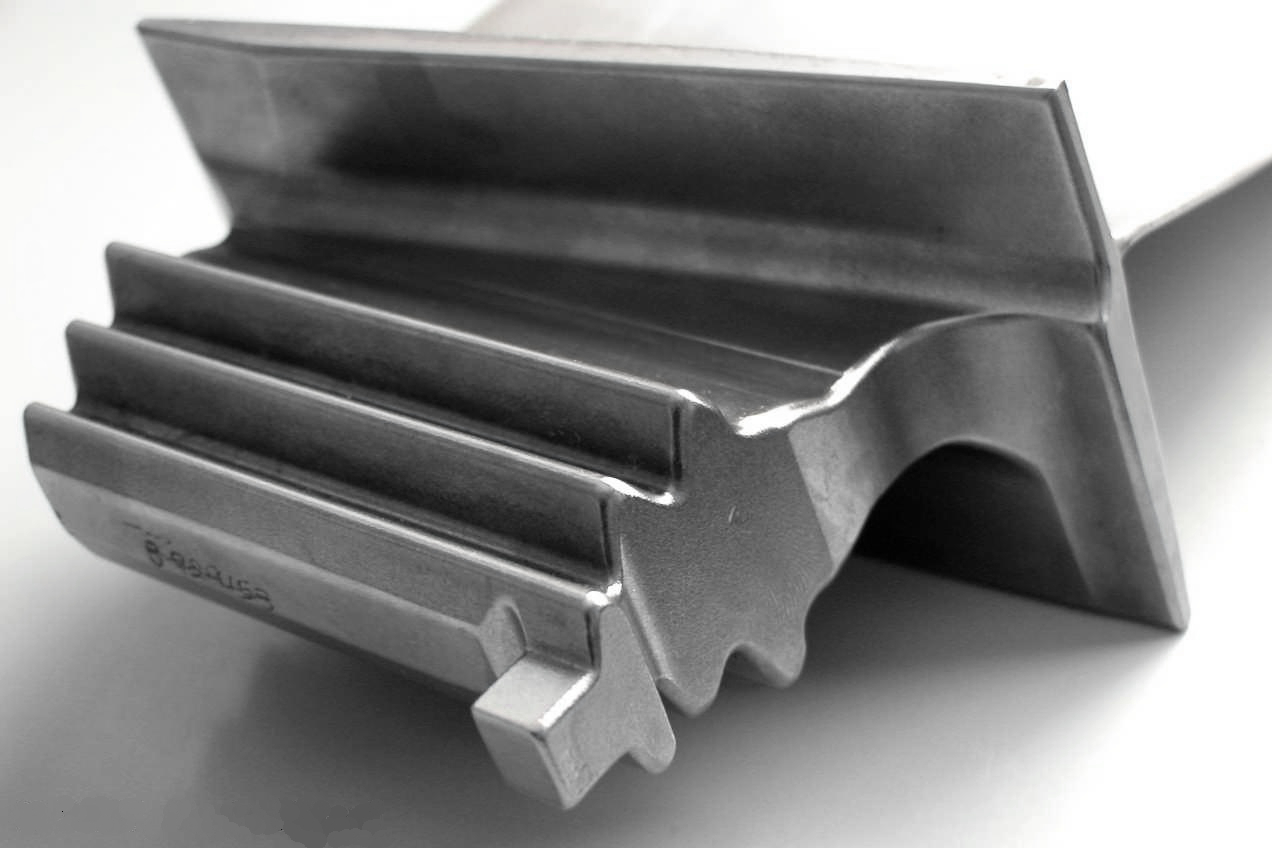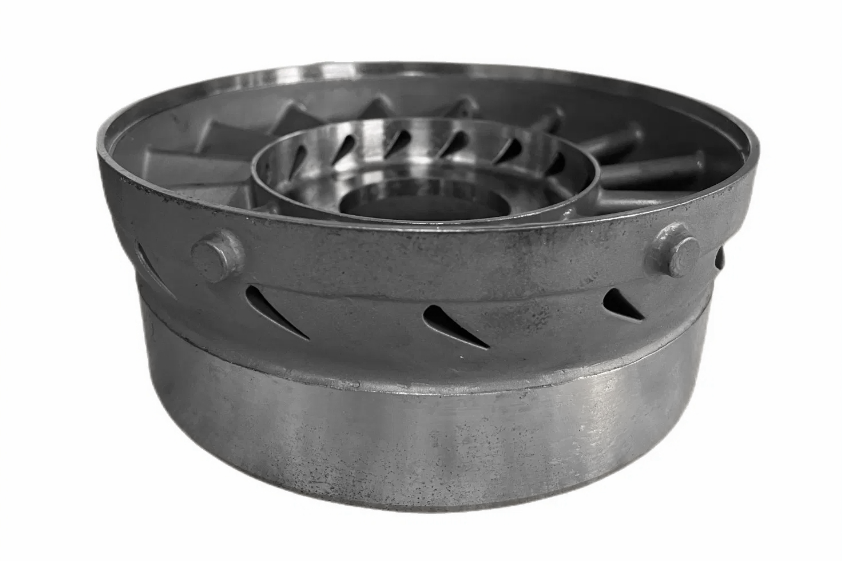Monel 401
About Monel 401
Monel 401, known as Nickel-Copper Alloy 401, corresponds to UNS N04401. It conforms to ASTM B164 and DIN/EN 2.4365 standards. With a composition of 34-40% nickel and 53-63% copper, Monel 401 is specifically designed for applications requiring both corrosion resistance and good electrical conductivity.
Monel 401 Basic Introduction
Monel 401 is a solid-solution nickel-copper alloy developed to meet the demands of applications requiring moderate corrosion resistance and high electrical conductivity. It is particularly well-suited for electrical and electronic components, marine hardware, and chemical equipment.
Monel 401 offers stability and high performance in moderate temperatures, maintaining strength at up to 400°C. The alloy finds extensive use in industries such as telecommunications, marine engineering, and power generation, where components must withstand thermal fatigue while providing reliable conductivity and resistance to wear.

Alternative Superalloys of Monel 401
Inconel 625 and Hastelloy C-22 are viable alternatives to Monel 401 in environments with high corrosion levels, though they offer lower electrical conductivity. For electrical applications, copper-nickel alloys like Cu-Ni 70/30 and 90/10 are alternatives with improved corrosion resistance in seawater.
Nimonic and Incoloy alloys are options when temperature resistance is more critical than electrical conductivity. Stainless steels like 316L are alternatives where mechanical strength and moderate corrosion resistance are required at a lower cost.
Monel 401 Design Intention
The design of Monel 401 focuses on applications requiring a balance between electrical conductivity and moderate corrosion resistance. This alloy is engineered to provide stable mechanical properties under thermal stress, making it ideal for electrical and electronic components exposed to varying temperatures.
Monel 401 is often used in marine environments and chemical processing industries thanks to its resistance to seawater corrosion and acidic chemicals. Its high elongation and toughness also make it a reliable material for mechanical applications requiring flexibility.
Monel 401 Chemical Composition
The combination of nickel and copper provides Monel 401 with moderate corrosion resistance and good electrical conductivity. The low levels of sulfur prevent brittleness, ensuring toughness under mechanical stress.
Monel 401 Chemical Composition
Element | Percentage (%) |
|---|---|
Nickel (Ni) | 34.0 – 40.0 |
Copper (Cu) | 53.0 – 63.0 |
Iron (Fe) | 1.5 max |
Manganese (Mn) | 1.0 max |
Silicon (Si) | 0.5 max |
Sulfur (S) | 0.035 max |
Monel 401 Physical Properties
Monel 401 has a density of 8.83 g/cm³ and a melting point of 1340°C. It exhibits excellent thermal conductivity, making it useful for electrical applications and heat exchangers. The modulus of elasticity ranges from 170 to 190 GPa, indicating good mechanical stability under stress.
Monel 401 Physical Properties
Property | Value |
|---|---|
Density | 8.83 g/cm³ |
Melting Point | 1340°C |
Thermal Conductivity | 22 W/(m·K) |
Elastic Modulus | 170 – 190 GPa |
Metallographic Structure of Monel 401 Superalloy
Monel 401 has a homogenous microstructure consisting primarily of nickel and copper in a solid solution. The absence of significant intermetallic phases ensures uniform behavior, contributing to the alloy’s mechanical stability and electrical performance.
This metallurgical structure provides Monel 401 with excellent fatigue resistance, making it practical for thermal cycling applications. The alloy’s resistance to corrosion also ensures that the microstructure remains stable over time, even in harsh environments such as marine and chemical settings.
Monel 401 Mechanical Properties
Monel 401 offers good tensile strength, moderate fatigue resistance, and excellent elongation. A Rockwell hardness of B65-80 provides wear resistance in mechanical applications. The alloy performs well under moderate temperatures (up to 400°C) with reliable thermal fatigue resistance.
Monel 401 Mechanical Properties
Property | Value |
|---|---|
Tensile Strength | ~345 MPa |
Yield Strength | ~138 MPa |
Hardness | Rockwell B65 – B80 |
Elongation | 40 – 50% |
Thermal Fatigue Resistance | Effective at ~400°C |
Key Features of Monel 401 Superalloy
High Electrical Conductivity Monel 401 provides excellent electrical conductivity, making it ideal for telecommunications, electronics, and marine engineering applications.
Moderate Corrosion Resistance With high copper content, Monel 401 offers good resistance to seawater and mild acids, making it effective in marine environments and chemical processing.
Good Thermal Fatigue Resistance Monel 401 performs well in environments with temperature fluctuations, maintaining its mechanical integrity at temperatures up to 400°C.
Excellent Ductility and Toughness With 40-50% elongation values, Monel 401 provides excellent toughness and flexibility, making it suitable for dynamic environments.
Versatile Applications Monel 401 is used in electrical components, heat exchangers, marine hardware, and chemical equipment thanks to its combined corrosion resistance and conductivity.
Monel 401 Superalloy’s Machinability
Vacuum Investment Casting: Monel 401 is not suitable for Vacuum Investment Casting due to its copper content, which can lead to segregation and uneven solidification during the casting process.
Single Crystal Casting: Monel 401 cannot be used in Single Crystal Casting as it lacks the necessary composition and high-temperature strength required to form single crystals.
Equiaxed Crystal Casting: Monel 401 is generally not used in Equiaxed Crystal Casting, as it is designed for corrosion resistance rather than specialized grain structure control.
Superalloy Directional Casting: Monel 401 is unsuitable for Directional Casting, as it is not intended for high-temperature applications where directional solidification is required.
Powder Metallurgy Turbine Disc: Monel 401 is not recommended for Powder Metallurgy Turbine Discs due to its limited creep strength and temperature resistance.
Superalloy Precision Forging: Monel 401 can be used in precision forging components needing high corrosion resistance and electrical conductivity, such as connectors and marine hardware.
Superalloy 3D Printing: Monel 401 is compatible with 3D printing processes, especially in applications requiring corrosion resistance and complex shapes for electrical components.
CNC Machining: Monel 401 is well-suited for CNC Machining due to its toughness and machinability, although it requires proper tooling to manage work hardening.
Superalloy Welding: Monel 401 is weldable using TIG and MIG techniques, making it ideal for fabricating corrosion-resistant joints for marine and chemical applications.
Hot Isostatic Pressing (HIP): Monel 401 benefits from HIP processing, which enhances its density and mechanical properties, making it suitable for critical applications.
Monel 401 Superalloy Applications
Aerospace and Aviation: Monel 401 is used in aircraft instrumentation, control systems, and electronic components due to its high conductivity and thermal fatigue resistance.
Power Generation: Monel 401 is employed in electrical systems, heat exchangers, and steam generators, where corrosion resistance and conductivity are crucial.
Oil and Gas: Monel 401 is used in valves, pumps, and pipelines requiring seawater corrosion resistance and high operational reliability.
Energy: Monel 401 is suitable for electrical components and control equipment that demand conductivity and mechanical stability in energy systems.
Marine: Monel 401 serves marine hardware such as connectors, fittings, and valves, offering excellent resistance to seawater corrosion.
Mining: Monel 401 is found in electrical equipment and pumps exposed to abrasive materials and harsh chemical environments in mining operations.
Automotive: In the automotive sector, Monel 401 is used in sensors, connectors, and exhaust systems where corrosion resistance and conductivity are required.
Chemical Processing: Monel 401 is ideal for chemical reactors and heat exchangers that handle corrosive substances while maintaining mechanical integrity.
Pharmaceutical and Food: Monel 401 is used in processing equipment, valves, and piping systems, offering corrosion resistance and ensuring hygienic standards.
Military and Defense: Monel 401 is applied in defense electronics and hardware where conductivity, durability, and corrosion resistance are vital.
Nuclear: Monel 401 is used in nuclear facilities' electrical components and cooling systems, providing stability under radiation and corrosion exposure.
When to Choose Monel 401 Superalloy
Monel 401 is ideal for environments requiring high electrical conductivity and corrosion resistance. Its balanced properties make it suitable for applications in custom superalloy parts, especially in industries such as marine, aerospace, and chemical processing. The alloy performs well in electrical systems exposed to seawater or corrosive substances, ensuring reliability and mechanical stability over time.
Monel 401 should be chosen when components are subject to moderate thermal fatigue, as it maintains strength and integrity at temperatures up to 400°C. Its excellent machinability and compatibility with CNC machining and welding processes make it a practical material for fabricating complex parts. Additionally, Monel 401 offers a long service life, making it a cost-effective solution for critical industries that demand durable, corrosion-resistant components.




